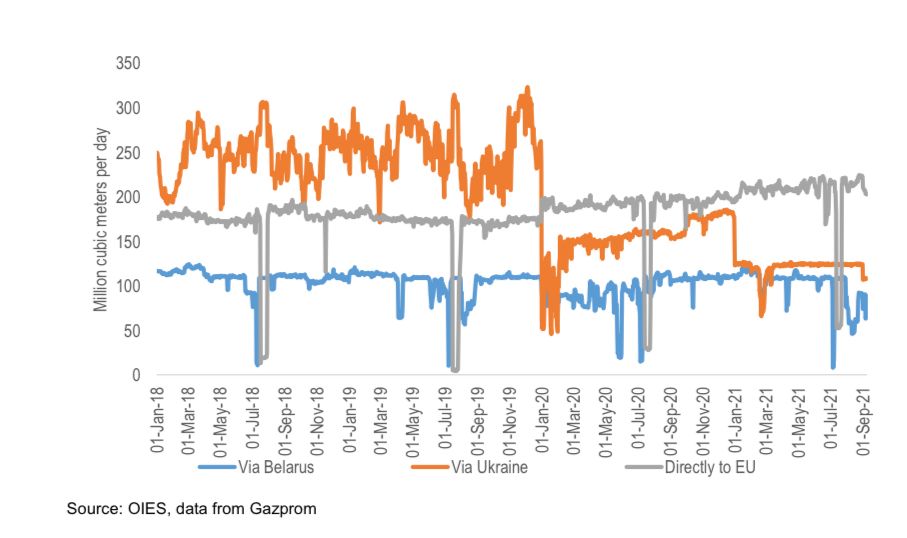The Gist: Gas times
After an eventful week in public affairs, in Ireland and abroad, hangovers seem like the connecting theme. This is the Gist.

Party like it’s 2019
The Irish Government announced it would lift nearly all Covid 19 restrictions at 12 hours notice and the nation *went bananas*.
It is possible the the entire cost of the pandemic to date to the public coffers may have been made up by the tax collected on slabs of cans hastily purchased on Saturday afternoon.
As 50% of all dwellings hosted parties, and 100% of all party people joined in, it was difficult to hear the Taoiseach-over the thunderous playing of WAP-adding that this did not mean the pandemic was over.
This was rather akin to a teacher announcing there would be no homework for the week but then trying to shout over the resulting clamour that they want the class to do extra study in their own time.
While we will have to wait a few weeks to see what effect these changes will make to already high infection numbers, one thing is certain. If the pent-up excitement of Saturday night continues unabated into the Spring, the new minimum unit pricing on drink may yet see Big Supermarket rival Big Tech for profits.
Trouble, Piped in
Russia has had a hard Covid 19 experience. In addition to the direct impact of the illness on its population’s health (difficult to measure reliably) the collapse in economic activity across the EU caused a collapse in demand and prices for Russian Natural Gas in its main market.
As natural gas makes up 60% of Russia’s exports and about 30% of the country’s GDP, this was a matter of considerable concern to their government.
Authoritarian Governments are rather limited in their toolbox of available responses to unhappy turns of events. As the system doesn’t allow for any acknowledgement of blame or error in the ruling faction, lest it be read as an admission of weakness, all undeniable problems have to be assigned to enemies- internal or external.
An already simmering conflict with the country to the East, full of talk of military risk from NATO etc might meet that requirement.
But there is an under-reported issue in the background of the troop buildup on the Russian-Ukrainian border.
As EU economies have reopened, demand for Russian natural gas has surged, with a consequent rise in income and prices. But that supply has been delivered increasingly through new direct pipelines via Turkey and Germany.
As the Oxford Institute for Energy Studies points out, the Russian Gas company’s deal with its Ukrainian equivalent means shipping through the Ukraine has become less attractive.
“According to the transit deal between Gazprom and Naftogaz of Ukraine signed at the end of 2019, Gazprom agreed that it would pay Naftogaz for transit of 65 Bcm in 2020 and for 40 Bcm each year during 2021-2024.
These payments do not depend on the actual gas flows via Ukraine, as the deal is essentially ship-or-pay. At the same time, Gazprom launched its new 31.5 Bcm Turk Stream pipeline in January 2020.”
Note the sudden and sustained drop in Ukrainian transit since Jan 2020.

In short, we may be looking at the consequences of Russia taking steps against its neighbour which it was forced to postpone until it had both an alternative way to keep its gas income flowing, and the EU money returned to pay for the whole adventure.
It highlights again that the most effective security measure Europe can take is to radically increase its own solar and renewable power generation.



